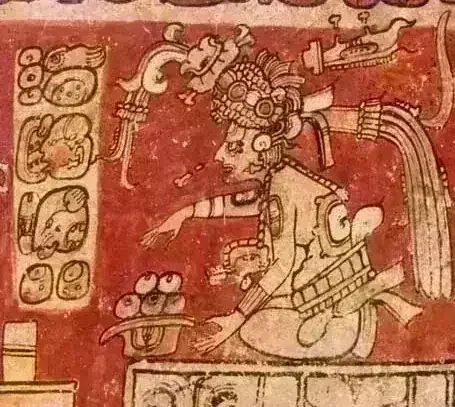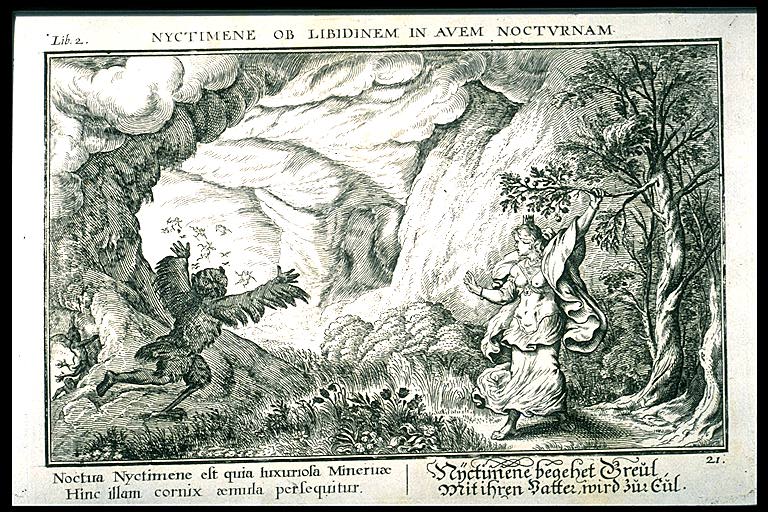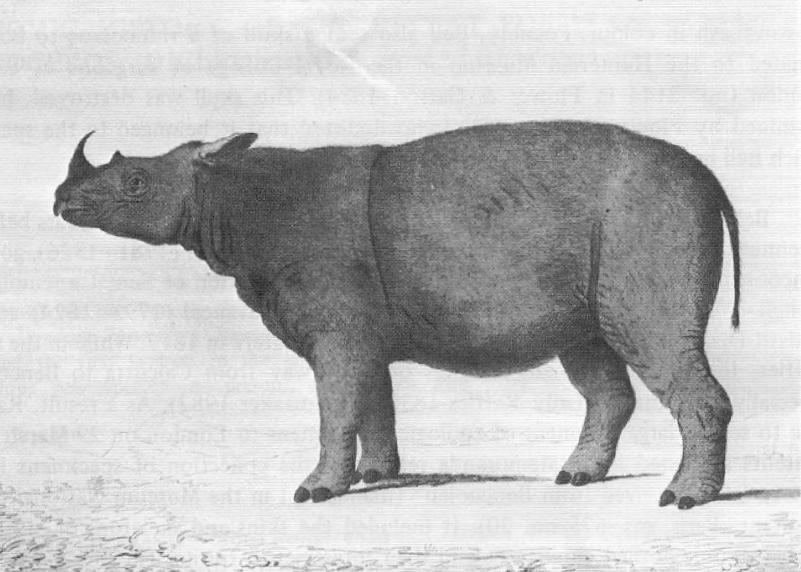Robin Hood

Robin Hood is a legendary heroic outlaw originating from English folklore and later depicted in literature, theatre, and cinema. Known for his skill in archery and swordsmanship, he is sometimes portrayed as a nobleman who fought in the Crusades before returning to find his lands taken by the Sheriff, though in older versions he is a member of the yeoman class. Traditionally dressed in Lincoln green, he is most famously associated with "robbing the rich to give to the poor." The myth has no canonical version, leading to different interpretations over time, with some adaptations presenting Robin Hood as a libertarian opposing oppressive taxation, while others portray him as a socialist advocating wealth redistribution—this latter vision being the most popular in modern culture.
Through retellings, a cast of familiar characters emerged, including Maid Marian, the Merry Men, and the Sheriff of Nottingham, often depicted as an ally of Prince John in his attempts to usurp King Richard, to whom Robin Hood remains loyal. First becoming a folk figure in the Late Middle Ages, the political and social elements of the story, particularly Robin’s support of the common people and opposition to the Sheriff, were solidified in later centuries. The earliest ballads about him date back to the 15th century, and the story has continued to inspire countless adaptations in literature, film, and television.
While the historical accuracy of Robin Hood's existence remains debated, with several historical figures proposed as possible inspirations for the legend, the tale remains one of the most enduring and well-known in English folklore, symbolizing rebellion against tyranny and injustice.


